admin
-

Nobody
“I read the furrow of the doctor’s brow,” Rachel Mennies writes, “as she dug inside for evidence of you.” A sequence of disjointed sonnets about thwarted fertility, Mennies’s poem, “Nobody,” speaks to an unborn child who’s still a “round void / on the ovulation strip, absent / enough estrogen to smile.” The result is rich with heartache and beauty.
-

An Old Man, A Handgun
“Nature isn’t playing tricks. Heaven isn’t playing favorites. Everything, every being, is abiding by the rules.” But being rule-abiding is no guarantee of a peaceful coexistence. In Jarupat Petchawaret’s story “An Old Man, A Handgun,” translated by Peera Songkünnatham, a village attempts to deal with a new influx of king cobras.
-

Listening to “Twin Peaks Theme” while Thumbing a Smooth Stone Nine Months after Angelo Badalamenti’s Death
Television, divorce, photography, a river: these elements in Dan Albergotti’s deft, elegiac poem lead us, over the course of his free verse tercets, toward a place “where machines sharpen themselves / through the night.”
-

Ace Annunciation
“Angel moved closer and pressed their forehead to hers. ‘What do you think, Maura? You obviously don’t want to be responsible for continuing your own species. But wouldn’t you like to help create something more advanced instead?’” Trudy Lewis’s novella explores the violation of a woman who thinks she has liberated herself from the tyranny of human sexuality in a future that isn’t as utopian as she’d believed.
-
![[o]](https://atlengthmag.com/wp-content/uploads/2025/06/Monument-for-Inger-Christensen_Kaare-Golles_002_Photo-by-David-Stjernholm-1280x914-1.jpg)
[o]
An extension of Inger Christensen’s abecedarian poem, Alfabet (1981), Kristi Maxwell’s “[o]” uses the Fibonacci sequence to create its spiraling, expansive form. But don’t let the poem’s playfulness fool you; these lines might be the countdown to a liftoff or an explosion, the start of a race or the end of the world.
-

Coming Around
“My daughter’s email about the feeling brought on by the Golden Gate Bridge’s orange glow was no coincidence but was likely passed on to her by some ancestor”: A man works through the unreliable, yet indispensable inheritances of memory and family in this piece by Suo Er, translated by Grace Najmulski.
-
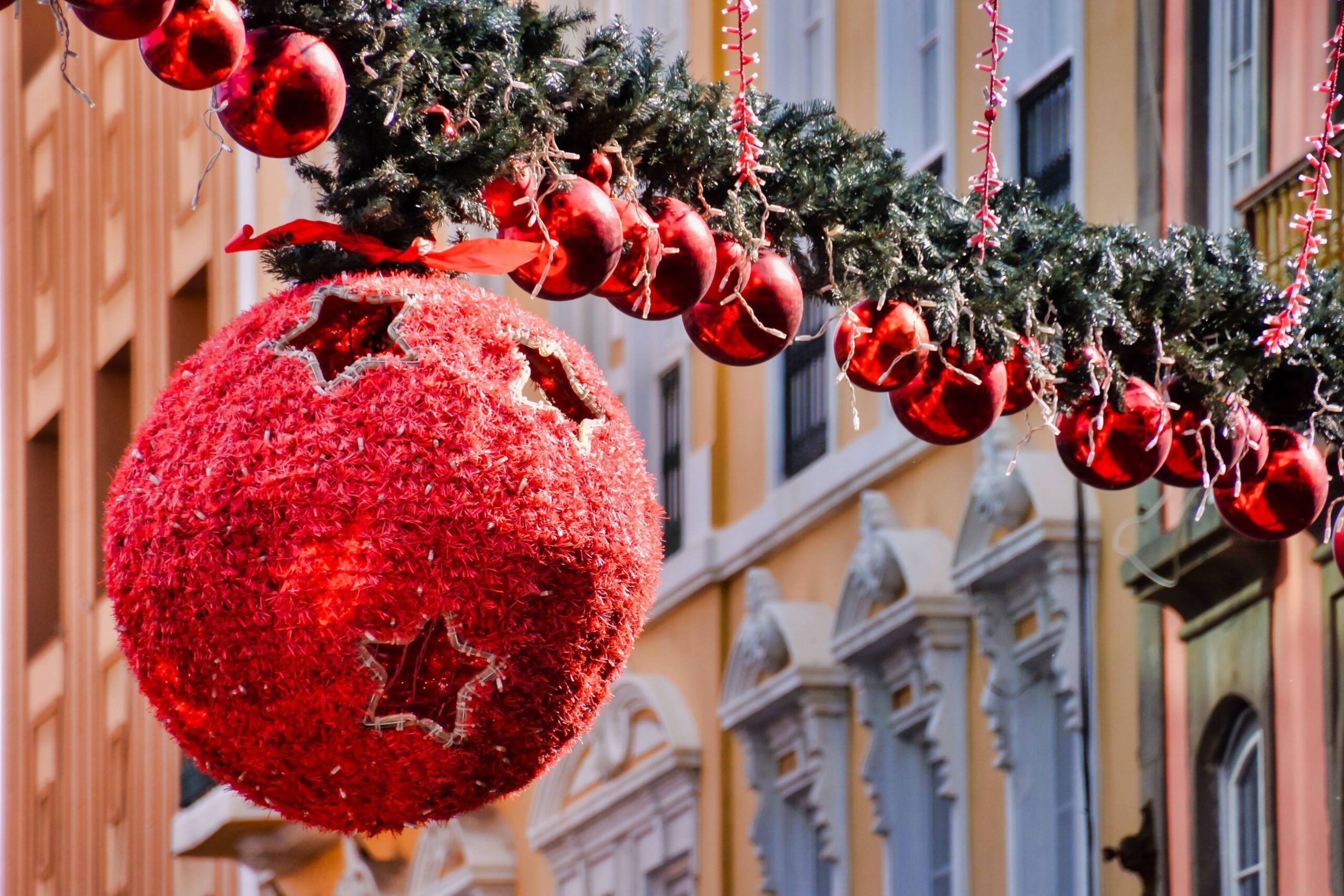
Nosegay on a Marble Plinth
“She was looking at me and I wanted to cry again because I didn’t know what she was, but I felt the warmth of her, and it was different than heat.” A series of visits from her dead mother stirs up a woman’s long-buried feelings and memories in Elizabeth Bull’s story.
-
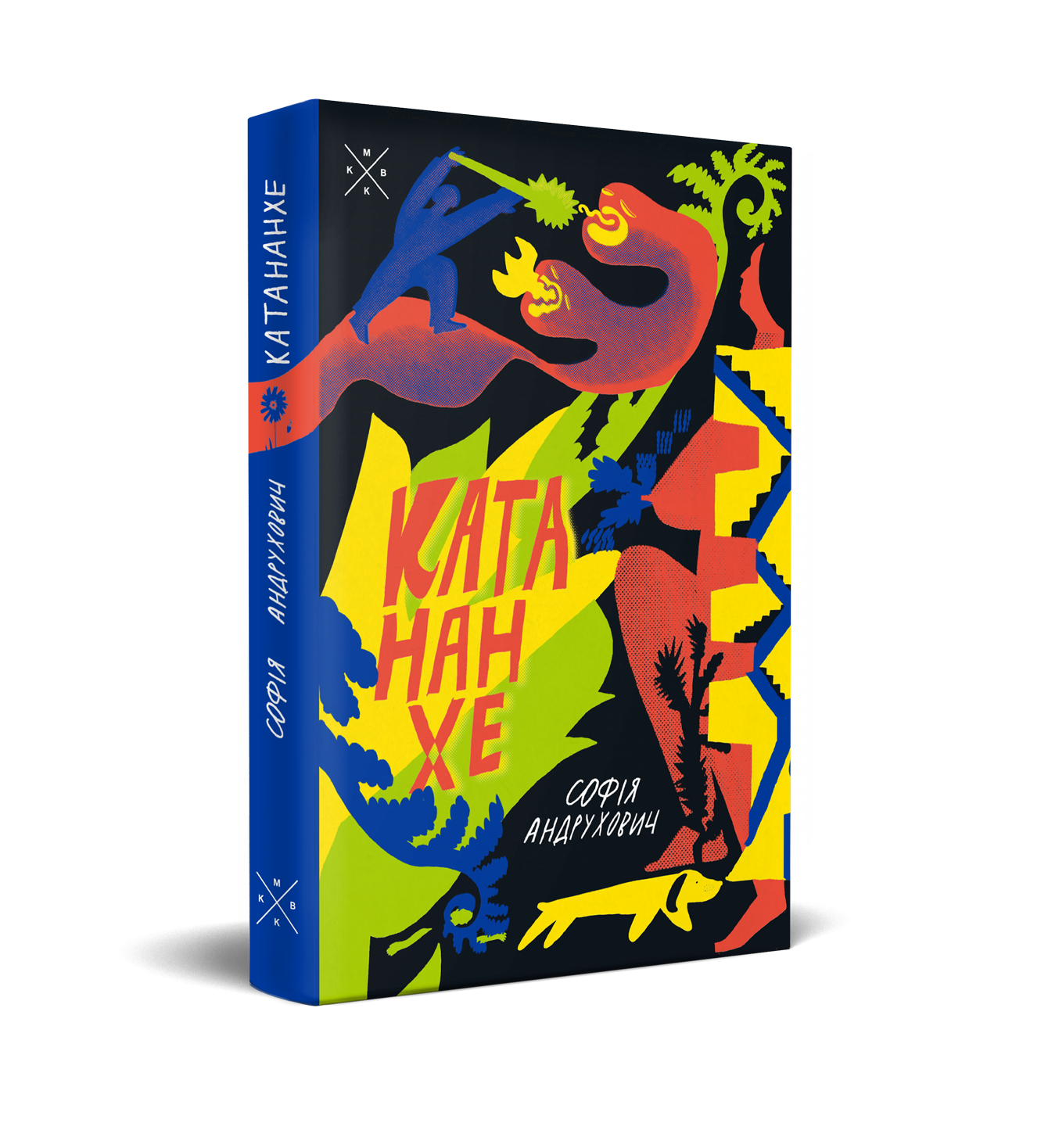
Hart
“’Are you crazy?’ Zhanna punched him in the shoulder. She was giving off a pungent wave of animal, earth, and rot.” In Sophia Andrukhovych’s “Hart,” translated by Ali Kinsella, you will share the transformative encounter of a woman, a man, and a hart in an imagined future Ukraine.
-

This Must Be the Place
Buying a Halloween costume, snowmobiling to school, making out after field hockey: Eli Karren’s “This Must Be the Place” careens through a landscape of memories that are equal parts joyful and embarrassing. These comic couplets prove—once and for all—that Tony Soprano was wrong about the lowest form of conversation.
-

In an Unexpected Emergency, I Find Myself
|
In the lovely, centerpiece poem from his latest collection, Birth Center in Corporate Woods, BJ Soloy reminds us—with couplets that are manic, comic, and deftly enjambed—that “We’ll find a way though this like an inmate / finding a way // to hang himself.” This is a poem for our moment, whether we like it or not.
-

Nemo
“You must understand what I cannot make you understand,” Raymond McDaniel writes about Micronauts, the 1970s action figures: “I used these toys in the same way I used reading itself: to be the other that was actually the self.” This essay’s observations—on humanity, selfhood, autonomy, and vision—are a delight to behold.
-
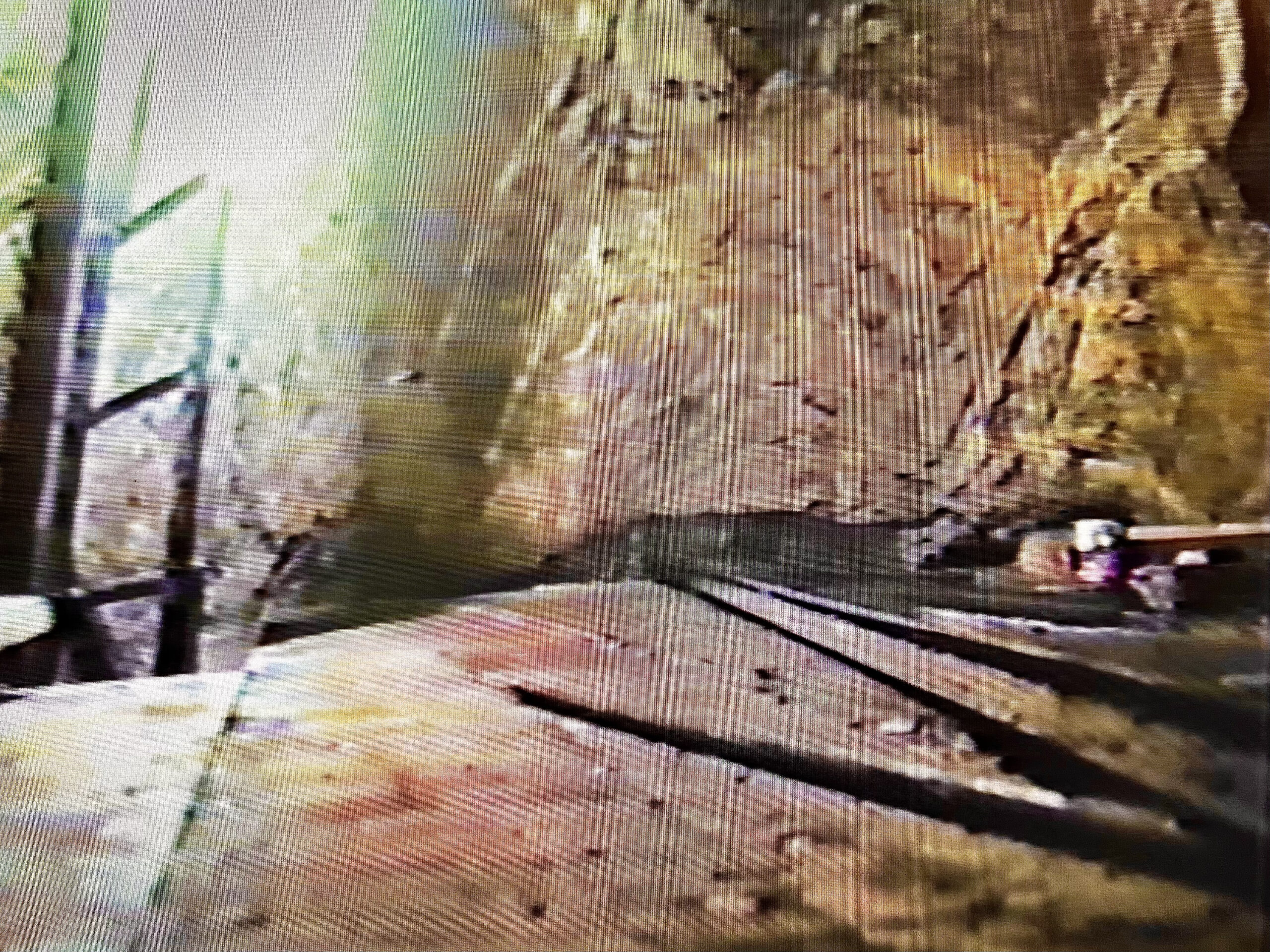
The Dreams and Damnation of Bishop Koyle
“The figure then looked Koyle in the eye and said, ‘Brother Koyle, do you believe that even a man’s lust for gold can be consecrated for the work of the Lord?’” Revelation sets a man on a path that will transform geography and transcend reality in this excerpt from Jeremy Grimshaw’s novel-in-progress.
-
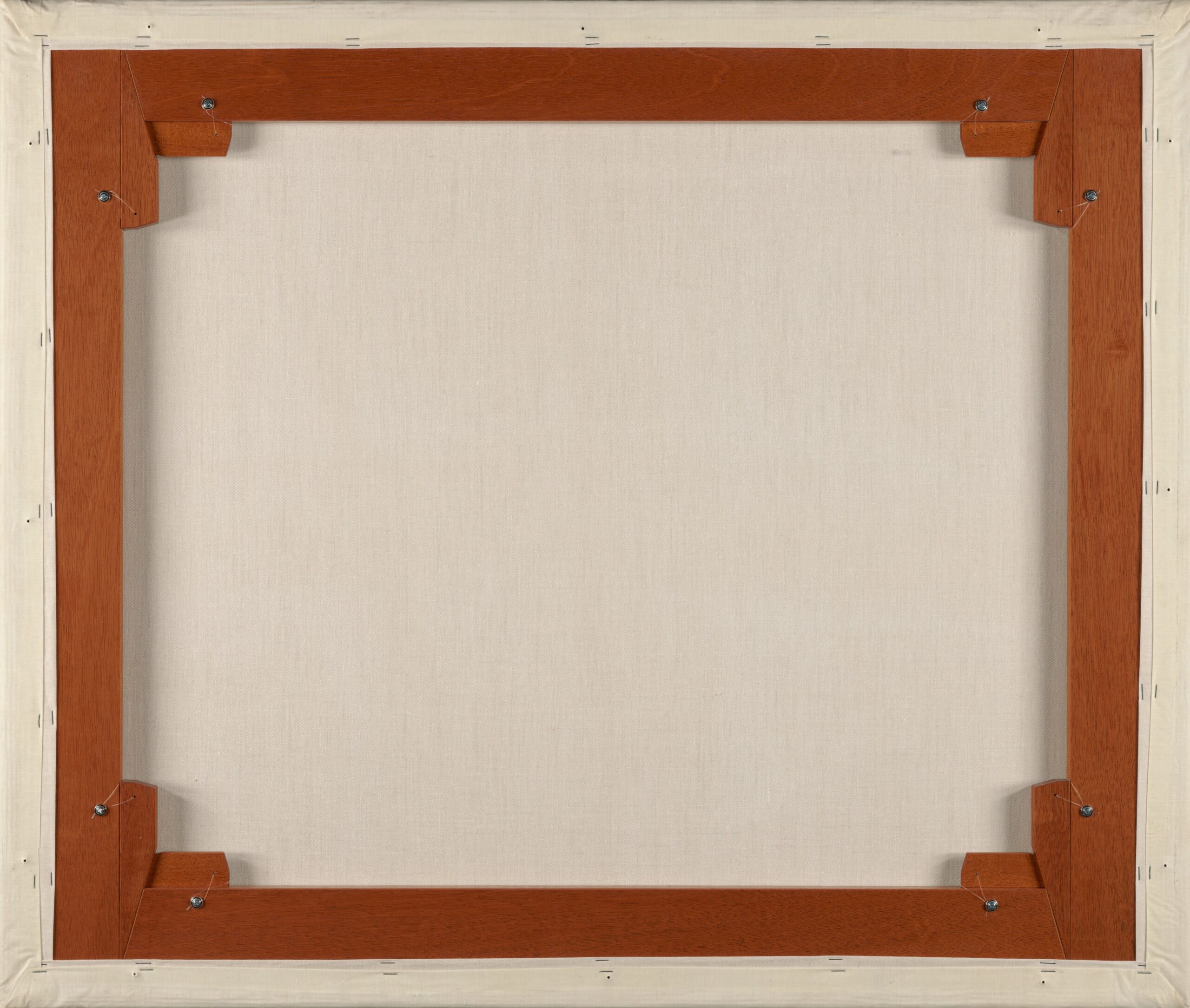
from “Thend”
Ekphrasis, self-Googling, and Sotheby’s all collide in this excerpt from Ben Doller’s long poem, “Thend.” In sonnets that rat-a-tat-tat like an auctioneer’s call, Doller discovers his doppelganger, considers his mortality, and learns that “it’s hard to say when one’s saying goodbye.” The results are stunning and funny and self-aware.
-

The Last Crusade
In her characteristically sure-handed mix of the Classics and the confessional, Katie Hartsock investigates faith, learning—as her tercets and braided narratives accumulate and sing—“that God does not abandon so much // as He lets be.” And yes, to our great joy, Harrison Ford and Sean Connery come along for the ride.
-
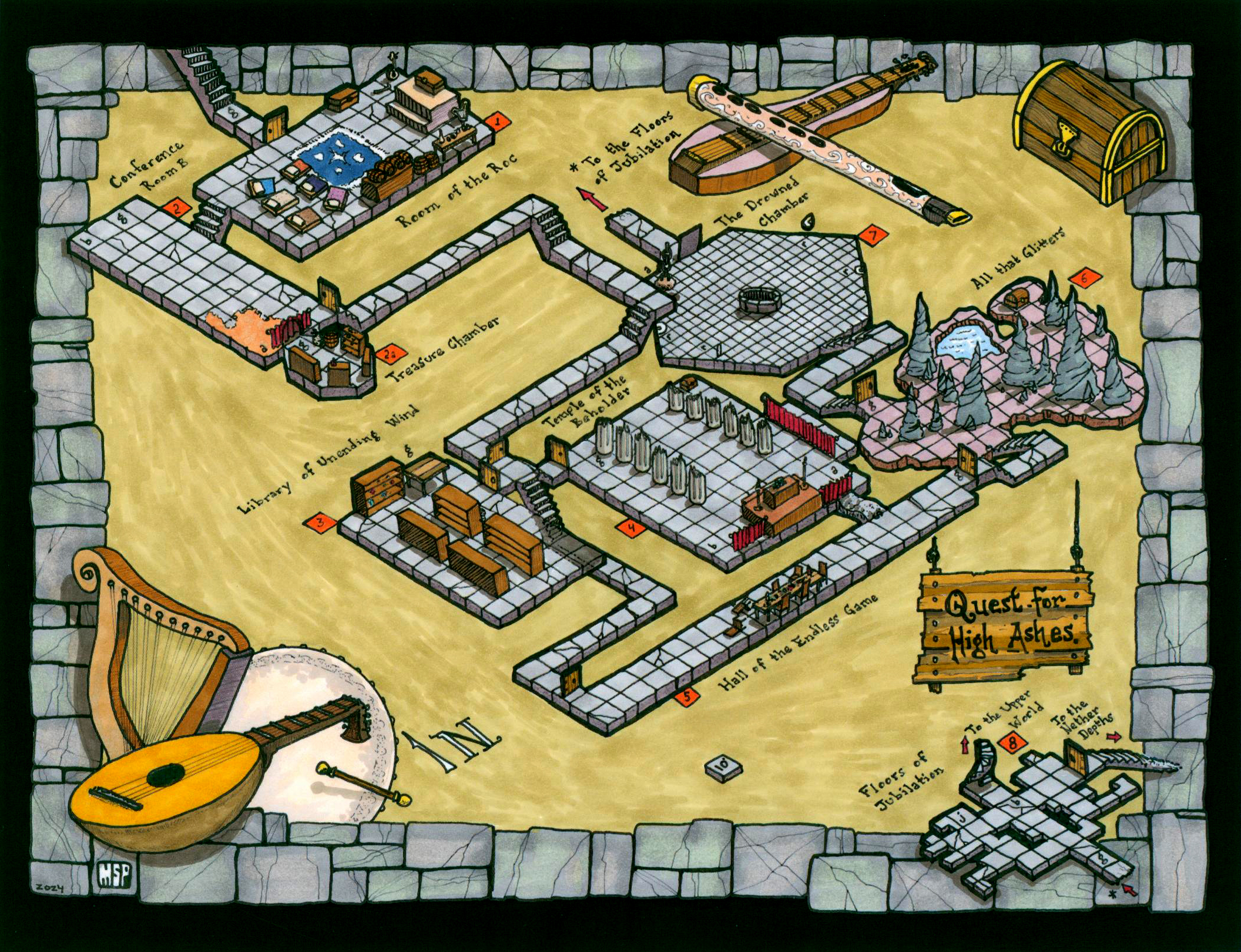
Module E6: Quest for High Ashes
Years in the making, Ernest Hilbert’s “Module 6: A Quest for High Ashes” is a fully playable Dungeons & Dragons adventure campaign for character levels 8-12—replete with a map and illustrations! Call up your friends. Dust off your D20. Your author is “adept at spells, including ventriloquism […] and dry sarcasm.”